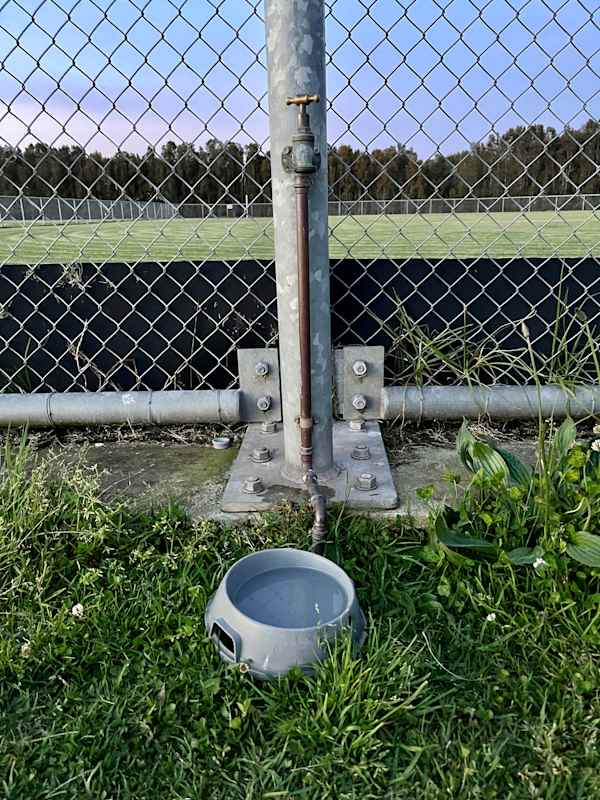A fatal case of Leptospirosis in Helensburgh has prompted local vets to remind Illawarra residents of the importance of having their pets’ vaccinations against the disease up to date.
The leptospirosis case in Helensburgh was confirmed on September 16 and the dog was unvaccinated.
According to NSW Health: “Leptospirosis is a bacterial disease of humans and animals. It is caused by Leptospira bacteria that are excreted in urine from infected animals including mice, rats, cattle, pigs and dogs.
“Leptospira bacteria usually enter the body through skin cuts or abrasions, and occasionally through the lining of the mouth, nose, and eyes. Infections are usually associated with exposure to water, soil or mud contaminated with the urine from infected animals.” The source can be puddles, water, soil and food contaminated by rat urine.
If not vaccinated, dogs and humans may suffer life-threatening symptoms as a result of contracting leptospirosis.
Symptoms include diarrhoea and/or vomiting, fever, nausea, muscle pain, lethargy, and kidney and liver failure.
Dr Melissa Lee, of Helensburgh Veterinary Clinic, said people could take some easy steps to reduce the risk of their dog contracting the disease.
“They shouldn't panic. They should get their dogs up to date with the new Leptospirosis vaccination, which [protects] against two strains of the Leptospira bacteria.
“Leptospirosis is carried around by rats and mice and it's a water-loving organism so if their dog can avoid puddles or stagnant waterways and avoid rats and mice, then that would be good.”
Communal water bowls should also be avoided.

Dr Lee said an infected animal may display a variety of symptoms.
“Initial signs of Leptospirosis are usually pretty generalised: so they're lethargic, they’re vomiting. They're quite obviously sick and they usually keep deteriorating.
“So if you notice any signs like that, they should be taken to a vet immediately.”
Adult dogs that have never had a vaccine for leptospirosis need to have two vaccinations: the first initial vaccination and then, two to four weeks later, a booster.
“Unvaccinated dogs have a very grave prognosis, a very low chance of making it through the disease,” Dr Lee said.
“If your dog is vaccinated, it still can get Leptospirosis – so it's important to do those preventative measures – but there's a much better chance of it recovering from the disease if they have had the vaccination.”
At time of writing, no more confirmed cases had been reported in Helensburgh or surrounding districts.
To get your dog vaccinated against leptospirosis, call Helensburgh Vet Clinic (4294 2508), Austinmer Vet Clinic (4268 3353) or the vet nearest to you.
If your dog has any troubling symptoms and you suspect leptospirosis may be the cause, call a vet clinic or vet hospital for immediate veterinary care.
Read more
Leptospirosis: What dog owners need to know






